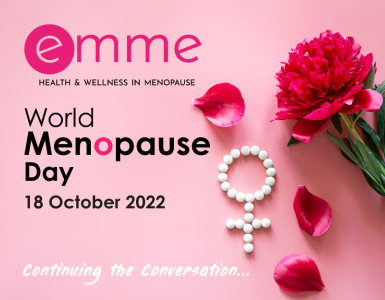by Sue Bedford
Sleep is necessary for survival!
It is a complex psychological and physiological restorative process and involves transition through different states of brain and muscle activity. When it comes to sleep one size doesn’t fit all as some people such as Margaret Thatcher for example functioned only on four to five hours sleep per night but the majority of adults need seven – nine hours sleep per night, some more.
There are some specialised cells contained within the hypothalamus of the brain which control our waking–sleeping patterns (this is known as our circadian rhythm).
During evening time more Melatonin (the sleep hormone) is secreted by a special gland in the brain called the Pineal gland and this is what makes us feel sleepy.
Sleep is important for good concentration, memory, emotions….to name a few
In fact, many health conditions have been linked to a lack of sleep such as cardio-vascular disease, obesity, elevated blood pressure and strokes.
So how can you improve the amount of good quality sleep you are getting?
Here are a few strategies to help you get more!
Turn off mobile phone devices and computers at least an hour before bed – these may impair melatonin secretion which disrupts sleep onset.
Try to keep to your normal bedtimes and at the weekend too.
Make sure where possible your room is dark and not too hot or cold.
Have a nice warm bath and warm milk drink (or equivalent for you) an hour before bed.
Do not drink caffeine or eat a heavy meal before going to bed.
Try to relax before going to bed
We will be exploring sleep further in a series of mini articles so why not keep an eye out for them in the coming weeks!
















